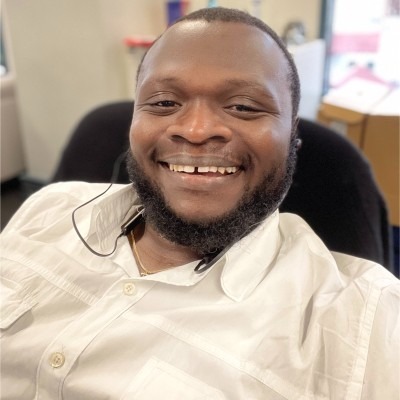By Milcah Tanimu
The story of the Imafidon family urges us to reflect on the paths we are paving for our children and the potential we might be stifling. The recent proposal by the Nigerian Education Minister to impose an age restriction for university admission threatens to curtail the opportunities for some of our most talented young minds before they have a chance to excel.
Historically, wisdom was imparted by guiding youth without imposing arbitrary limits. Yet, Nigeria’s latest policy seeks to reinstate outdated practices where age, rather than potential, determines one’s eligibility for higher education. The Minister of Education’s recent announcement mandates that students must be at least eighteen years old to gain university admission—a move that has sparked significant debate.
This policy appears regressive in a world where children are mastering technology from a very young age. Restricting university entry based on age not only hampers individual growth but also widens the educational gap between Nigerian students and their peers globally. In an era where digital literacy begins early, preventing capable students from advancing based on age alone is a step backward, reminiscent of times when elders dictated the limits of one’s potential.
The justification for this policy, aimed at ensuring maturity and readiness, overlooks the reality that age does not equate to wisdom or preparedness. Readiness for higher education should be assessed based on ability and achievement rather than arbitrary age limits. The Imafidons, often referred to as “Britain’s Brainiest Family,” exemplify the success that can come from allowing young minds to thrive without such constraints. Anne-Marie Imafidon, who passed her GCSEs at ten and A-level computing at eleven, and Saheela Ibraheem, admitted to Harvard at fifteen, highlight the potential that can be achieved when age barriers are removed.
If these individuals had faced the proposed age restrictions in Nigeria, their exceptional talents might have been suppressed, and their contributions delayed. The risk of this policy is clear: it may prevent the emergence of future leaders and innovators who could propel Nigeria forward.
Comparatively, countries like Australia, the UK, Canada, and the US admit students based on ability rather than age. Are we prepared to fall behind in a global landscape that values youthful talent and potential? This policy could also exacerbate educational inequality, favoring the wealthy who can afford to bypass local restrictions by studying abroad. Meanwhile, less affluent students would be disadvantaged, perpetuating a cycle of inequality and brain drain.
Rather than enforcing age limits, Nigeria’s education policy should focus on addressing the root causes of educational disparity and fostering an environment that values merit over age. Enhancing university capacity, resolving issues such as frequent strikes, and supporting academic excellence should be the priorities.
The proposed age restriction is a step in the wrong direction. Nigeria should aim to nurture all its children, creating a system that values ability and aligns with global educational standards. As the saying goes, “A child who is not embraced by the village will burn it down to feel its warmth.” Let us be a nation that embraces and supports every child’s potential, no matter how young they may be.
Michael Felix Nyeche holds a strong background in development communication, complemented by advanced studies in intelligence and social and public policy.





